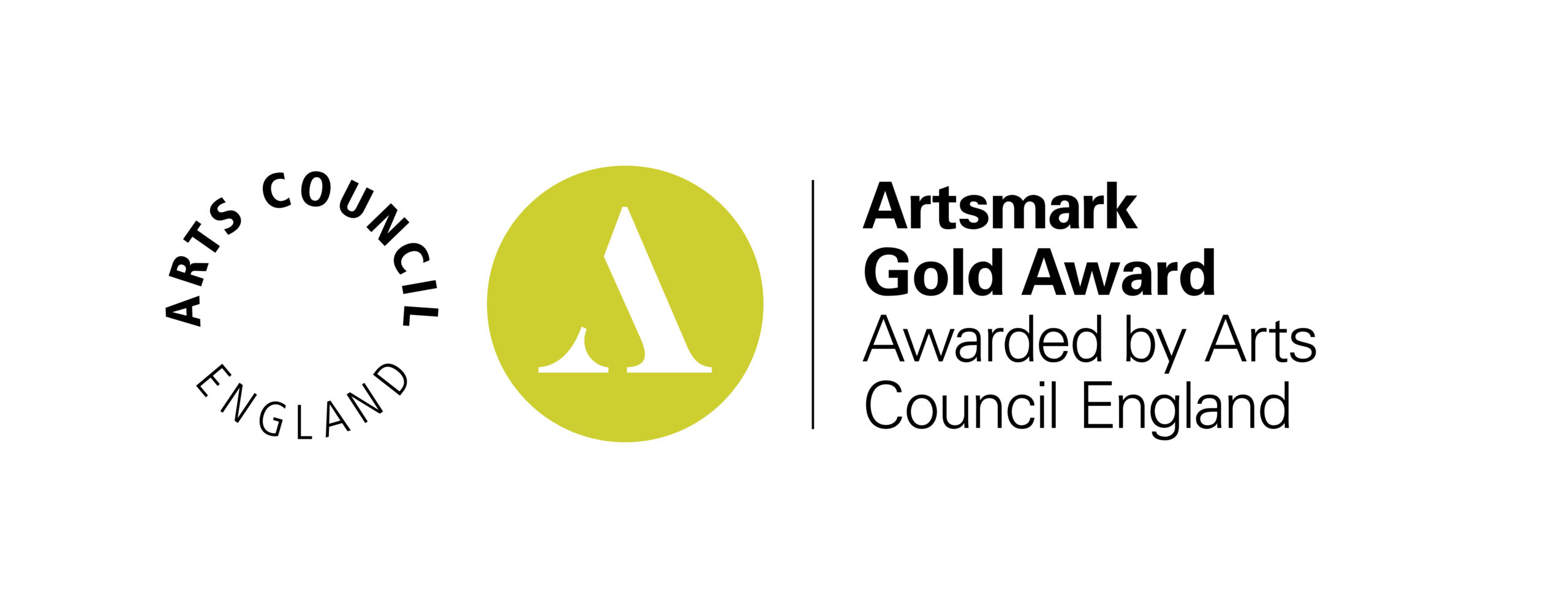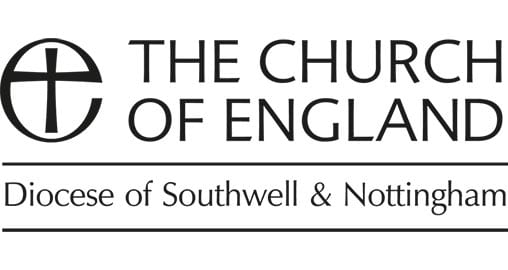Curriculum intent
Everything we see all around us has been designed and made. Design and technology is about converting ideas and raw materials into the products we use in our daily lives. It is a very important subject as without it the world we live in would be a very different place.
Design and technology is an inspiring, rigorous and practical subject. Using creativity and imagination, students design and make products that solve real and relevant problems within a variety of contexts, considering their own and others’ needs, wants and values. They acquire a broad range of subject knowledge and draw on disciplines such as mathematics, science, engineering, computing and art. Students learn how to take risks, becoming resourceful, innovative, enterprising and capable citizens. Through the evaluation of past and present design and technology, they develop a critical understanding of its impact on daily life and the wider world. High-quality design and technology
education makes an essential contribution to the creativity, culture, wealth and well-being of the nation.
DATA (Design & Technology Association)
Design and technology teaches students to have many useful transferable skills to use in future jobs, practical skills to help yourself, life skills so you can cook, sew, create, repair etc. Design and technology prepares students to live and work in the designed and made world.




